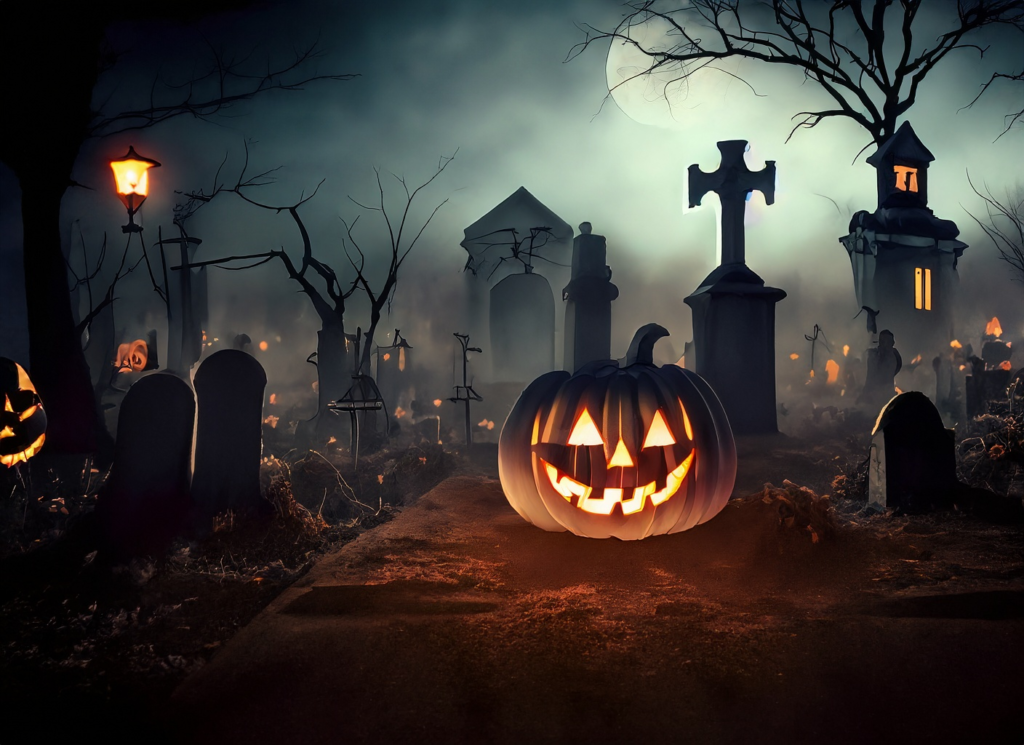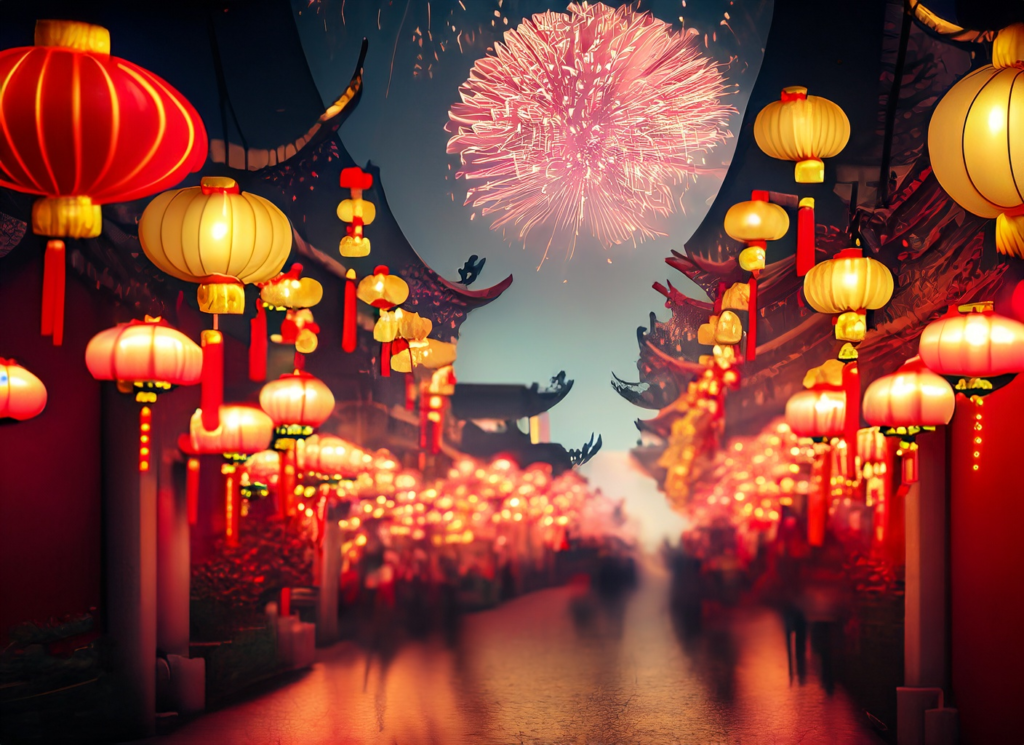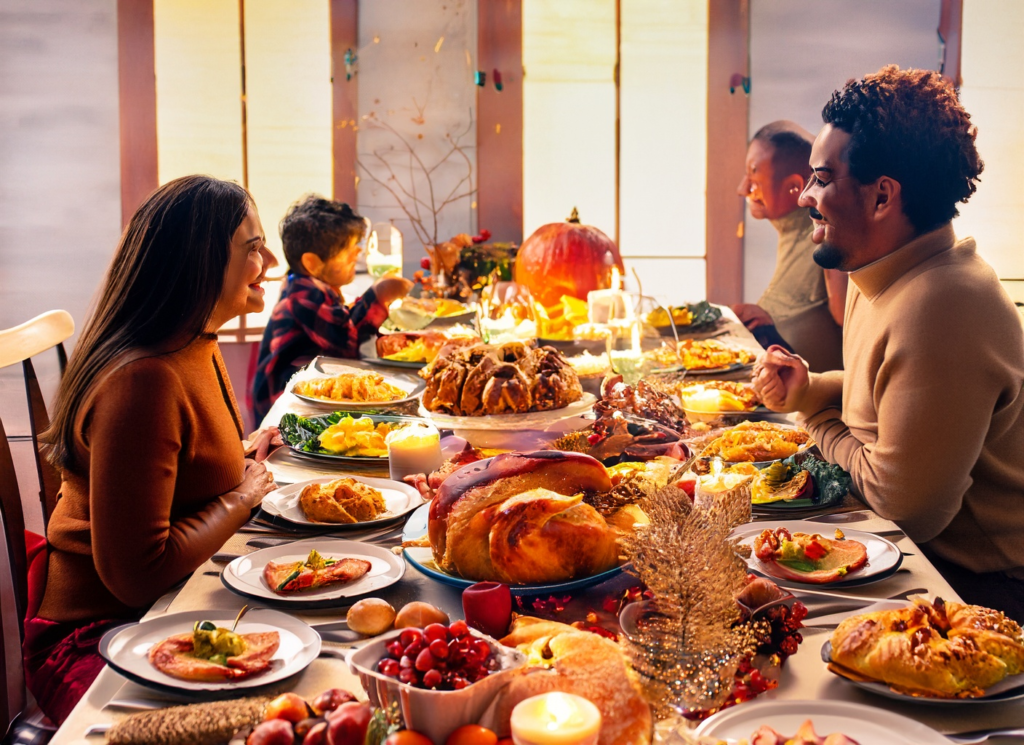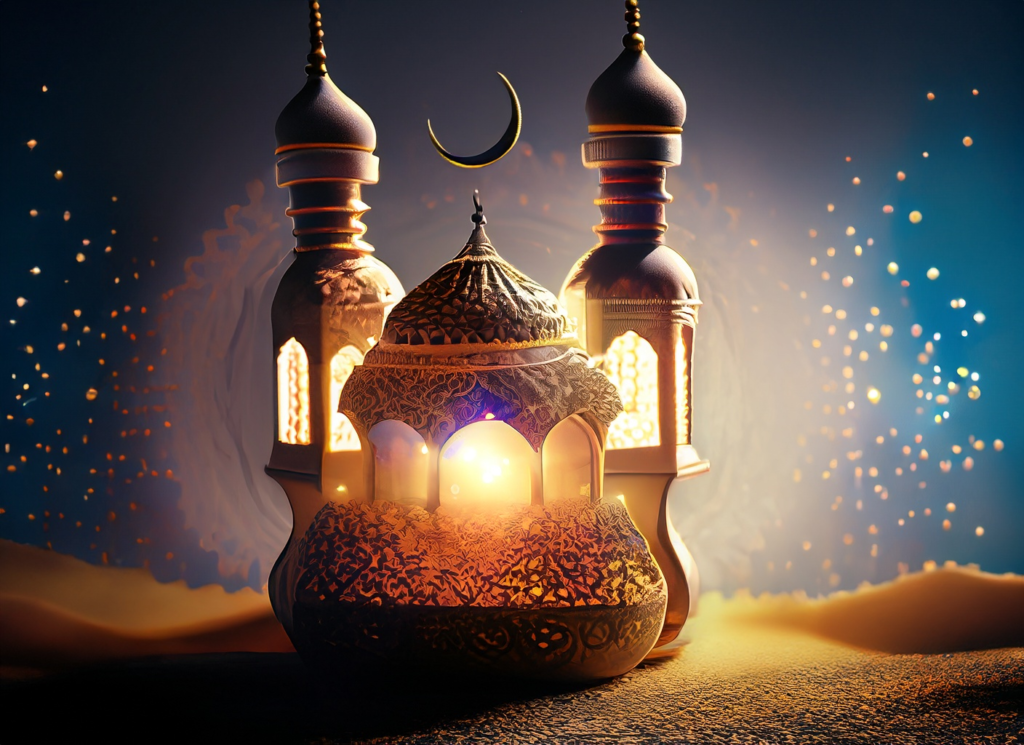Welcome to our comprehensive guide to the top 11 most popular seasonal holidays around the world. In this blog post, we will explore these fascinating celebrations, their origins, and the unique traditions associated with each. Whether you are new to these holidays or already familiar with them, join us as we dive into the rich tapestry of global festivities!
Spring: Blossoms and Celebrations
- Songkran Water Festival in Thailand:
- When: April 13-15
- Where: Streets of Thailand
- Background: The Thai New Year transforms streets into water battlefields. Locals splash water on each other to cleanse away the old year and welcome the new.
- Reason to Attend: Experience the exhilarating water fights and immerse yourself in Thai culture.
- Holi Festival in India:
- When: March/April (depends on the moon cycle)
- Where: Across India
- Background: Vibrant powders fill the air as people celebrate Holi, the festival of colors. It’s a day of joy, forgiveness, and unity.
- Reason to Attend: Witness the explosion of colors and join in the festivities.
- Cherry Blossom Season in Japan and Washington, D.C.:
- When: March-May (Japan), March-April (Washington, D.C.)
- Where: Japan’s cherry tree-lined streets and Washington, D.C.’s Tidal Basin
- Background: When cherry trees bloom, Japan dons its pink attire. Families picnic under the delicate petals, celebrating renewal and fleeting beauty.
- Reason to Attend: Be enchanted by the ephemeral beauty of cherry blossoms.
Summer: Sun, Sea, and Festivities
- Haro Wine Festival in Spain:
- When: June 29
- Where: Haro, La Rioja, Spain
- Background: Wine enthusiasts gather to douse each other in red wine during this lively festival.
- Reason to Attend: Combine wine tasting with a colorful wine fight.
- Running of the Bulls in Pamplona, Spain:
- When: July 7-14
- Where: Pamplona’s narrow streets
- Background: Adrenaline junkies sprint alongside charging bulls during this heart-pounding event.
- Reason to Attend: Test your courage and feel the rush of the chase.
- Bastille Day in France:
- When: July 14
- Where: Paris and other French cities
- Background: France commemorates the storming of the Bastille with fireworks, parades, and patriotic fervor.
- Reason to Attend: Celebrate liberty, equality, and fraternity in the heart of Paris.
Autumn: Harvests and Reflection
- Oktoberfest in Munich, Germany:
- When: September 17 to October 3 (dates vary per the calendar)
- Where: Theresienwiese, Munich
- Background: Beer flows, pretzels abound, and oompah bands play during this world-famous beer festival.
- Reason to Attend: Revel in Bavarian culture and clink steins with locals.
- Day of the Dead in Mexico:
- When: October 31 to November 2
- Where: Throughout Mexico
- Background: Colorful altars honor departed loved ones. Families share food, marigolds, and memories, bridging the gap between the living and the dead.
- Reason to Attend: Witness the vibrant celebration of life and death.
- Thanksgiving Day Parade in New York City:
- When: Fourth Thursday in November
- Where: Manhattan, New York
- Background: Giant balloons, marching bands, and celebrity performances fill the streets during this iconic parade.
- Reason to Attend: Experience the magic of Macy’s Thanksgiving Day Parade.
Winter: Snowflakes and Traditions

- Christmas Market at Nuremberg, Germany:
- When: Advent season (December)
- Where: Nuremberg’s Old Town and all around the world.
- Background: Twinkling lights, gingerbread, and handcrafted ornaments create a fairytale atmosphere.
- Reason to Attend: Sip mulled wine and shop for unique gifts.
- New Year’s Eve in Sydney, Australia:
- When: December 31
- Where: Sydney Harbour
- Background: Fireworks illuminate the iconic Sydney Opera House and Harbour Bridge.
- Reason to Attend: Welcome the new year with a dazzling display over the water.
- Chinese New Year in Hong Kong:
- When: Late January/Early February (per lunar calendar)
- Where: Streets of Hong Kong
- Background: Red lanterns sway, dragon
Remember, these celebrations unite us, transcending borders and languages. Whether it’s throwing water, lighting candles, or sharing a meal, these seasonal holidays remind us of our shared humanity. capl
Other Seasonal Holidays Around the World
2. Halloween

Origin and Significance
Halloween, celebrated on October 31st, originated from the ancient Celtic festival of Samhain, which marked the end of the harvest season. It is believed to be a time when the boundary between the living and the dead is blurred.
Traditions and Customs
The modern Halloween celebrations include dressing up in costumes, carving pumpkins into Jack-o’-lanterns, and going door-to-door for trick-or-treating. In recent years, it has gained popularity worldwide as a fun-filled holiday to embrace the eerie and supernatural.
3. Easter

Easter is a Christian holiday that celebrates the resurrection of Jesus Christ. It is considered the most important and oldest festival in the Christian calendar. The date of Easter varies each year and is determined by the lunar calendar.
Traditions and Customs
Easter traditions differ worldwide. The most well-known custom is the Easter egg hunt, where children search for hidden eggs filled with candy or small gifts. Other traditions include attending church services, decorating eggs, and consuming special Easter meals.
4. Diwali

Origin and Significance
Diwali, also known as the Festival of Lights, is a significant Hindu festival celebrated in India and other countries with Hindu populations. It symbolizes the victory of light over darkness, good over evil, and knowledge over ignorance.
Traditions and Customs
Diwali is a five-day festival filled with lights, fireworks, and feasts. People decorate their homes with diyas (oil lamps) and colorful rangolis (artistic patterns made with colored powders or flowers). Exchanging gifts and sweets is a common practice during Diwali.
5. Chinese New Year

Origin and Significance
Chinese New Year, also known as the Spring Festival, is the most important traditional holiday in China. It marks the beginning of the lunar calendar year and is associated with new beginnings, fortune, and family reunions.
Traditions and Customs
The Chinese New Year festivities last for 15 days and include various customs such as lion and dragon dances, firecrackers, and exchanging red envelopes filled with money. Families gather for a reunion dinner, where traditional dishes like dumplings and fish are served.
6. Thanksgiving

Origin and Significance
Thanksgiving is a holiday primarily celebrated in the United States and Canada. It originated as a harvest festival, where people gave thanks for a bountiful harvest and blessings received throughout the year.
Traditions and Customs
The centerpiece of Thanksgiving is the traditional Thanksgiving dinner, featuring roast turkey, stuffing, cranberry sauce, and pumpkin pie. Families and friends come together to express gratitude, watch football, and participate in parades, such as the Macy’s Thanksgiving Day Parade in New York City.
7. Hanukkah

Origin and Significance
Hanukkah, also known as the Festival of Lights, is an eight-day Jewish holiday that commemorates the miracle of the oil in the ancient temple. It symbolizes the triumph of light over darkness.
Traditions and Customs
Hanukkah is observed by lighting the menorah, a nine-branched candelabrum, and adding one candle each night. Traditional foods such as latkes (potato pancakes) and sufganiyot (jelly-filled doughnuts) are enjoyed. Playing the dreidel, a spinning top, is a popular Hanukkah game.
8. Ramadan

Origin and Significance
Ramadan is the holiest month in the Islamic calendar. It commemorates the revelation of the Quran to Prophet Muhammad. During Ramadan, Muslims fast from sunrise to sunset, practicing self-discipline, empathy, and gratitude.
Traditions and Customs
Fasting during daylight hours is the core tradition of Ramadan. Muslims break their fast with dates and water, followed by a grand feast known as Iftar. Nightly prayers, charity, and increased recitation of the Quran are also common during this month.
9. New Year’s Day
Origin and Significance
New Year’s Day is a global celebration that marks the beginning of the Gregorian calendar year. It is a time for reflection, setting goals, and looking forward to new beginnings.
Traditions and Customs
Celebrations include fireworks, parties, and countdowns as the clock strikes midnight. Many cultures have their own unique customs, such as making New Year’s resolutions, eating specific foods for good luck, and exchanging gifts or tokens of good fortune.
Origin and Significance
Oktoberfest is an annual beer festival held in Munich, Germany. It originated in 1810 as a celebration of the marriage of Crown Prince Ludwig and Princess Therese of Saxony-Hildburghausen.
Traditions and Customs
Oktoberfest is a lively event featuring large beer tents, traditional Bavarian food, live music, parades, and amusement rides. Visitors from around the world come to enjoy the festive atmosphere and indulge in German beer and culinary delights.
10. Valentine’s Day

Origin and Significance
Valentine’s Day is a celebration of love and affection, observed in many countries worldwide. Its origins can be traced back to ancient Roman festivals honoring fertility and love.
Traditions and Customs
Valentine’s Day is associated with the exchange of heartfelt messages, gifts, and expressions of love. Red roses, chocolates, and romantic dinners are common symbols of the holiday. Additionally, the tradition of sending anonymous valentine cards has evolved into a cherished tradition in many cultures.
Conclusion
In this blog post, we explored the top 11 most popular seasonal holidays celebrated around the world. From Christmas to Valentine’s Day, these holidays showcase the diverse cultural practices and traditions that bring people together from different corners of the globe.
Each holiday holds its own unique significance and customs, allowing us to appreciate the beauty and richness of global celebrations. Whether through religious observance, cultural heritage, or shared festivities, these seasonal holidays provide a sense of unity and joy.
So, whether you’re gathering around the Christmas tree, enjoying a delicious Thanksgiving feast, or lighting the menorah, take a moment to embrace the spirit of these holidays and appreciate the global tapestry of traditions.
To delve deeper into the rich traditions and customs of these holidays, consider exploring books, documentaries, or even planning a trip to experience these celebrations firsthand. Embrace the magic of our diverse world and savor the joyous occasions that bring us together!
